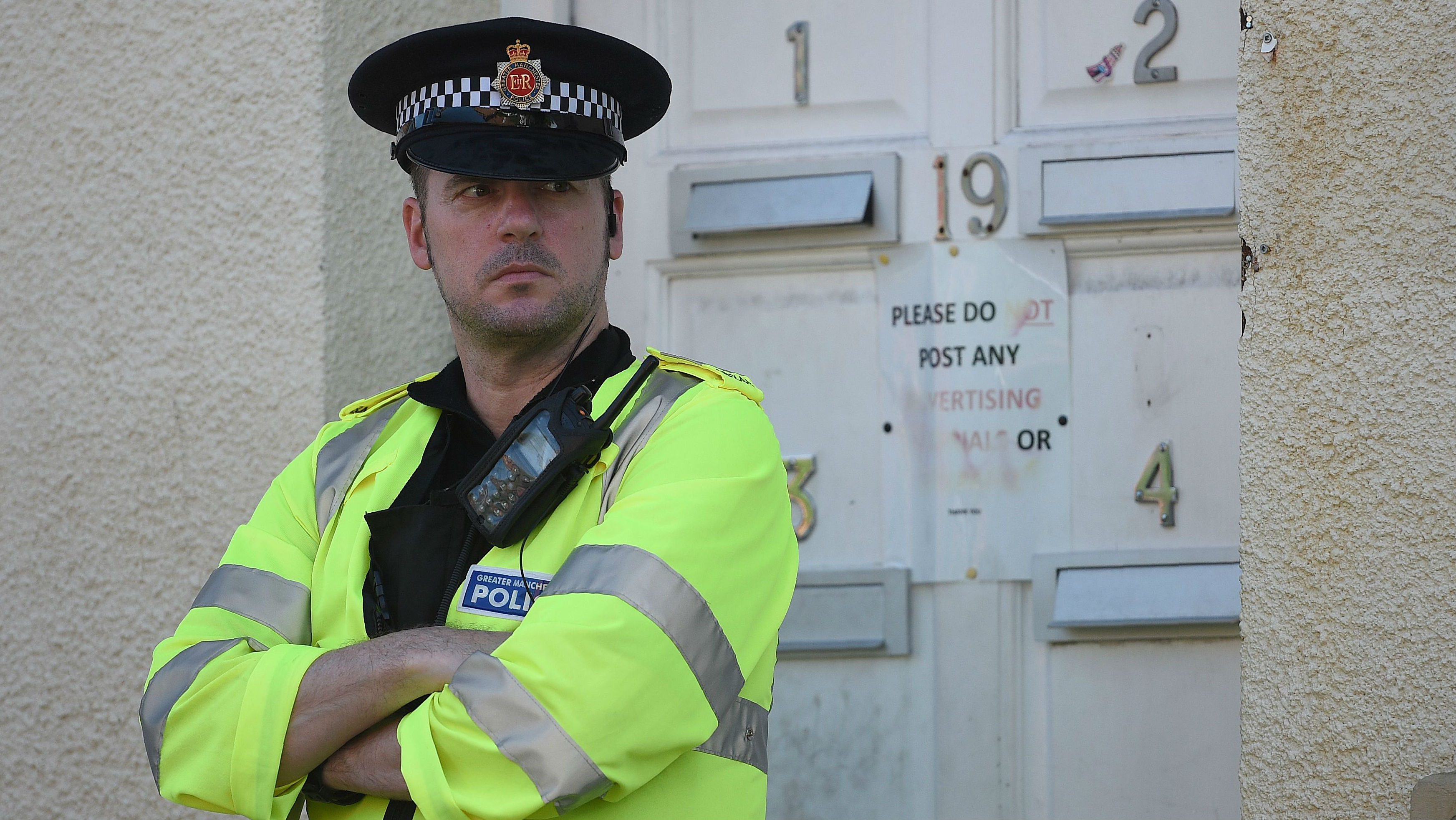Manchester attack: UK stops sharing information with US
Police and security services refuse to pass on details after series of leaks to American press

A free daily email with the biggest news stories of the day – and the best features from TheWeek.com
You are now subscribed
Your newsletter sign-up was successful
Officers investigating the suicide bombing at the Manchester Arena have stopped sharing information with the US after confidential information was repeatedly leaked to the press.
US officials apparently passed on undisclosed details about the case, sparking a "major transatlantic row," with their British counterparts, the Daily Telegraph reports.
Greater Manchester Police, which is leading the investigation, is said to be "furious", while Theresa May is reportedly planning to confront US President Donald Trump at today's Nato meeting in Brussels about the apparent breakdown in confidentiality.
The Week
Escape your echo chamber. Get the facts behind the news, plus analysis from multiple perspectives.

Sign up for The Week's Free Newsletters
From our morning news briefing to a weekly Good News Newsletter, get the best of The Week delivered directly to your inbox.
From our morning news briefing to a weekly Good News Newsletter, get the best of The Week delivered directly to your inbox.
A senior Whitehall source told The Guardian that official protests "have been lodged at every relevant level between the British authorities and our US counterparts".
"They are in no doubt about our huge strength of feeling on this issue. It is unacceptable," they added.
On Tuesday, Manchester police was forced to confirm the identity of the attacker, 22-year-old Salman Abedi, after his name was published in the US.
The leak prompted Home Secretary Amber Rudd to launch into a "highly unusual public criticism" of Britain's foremost ally, says the Daily Mail, calling the leak "irritating" and saying she had spoken to US officials to warn against further indiscretions.
A free daily email with the biggest news stories of the day – and the best features from TheWeek.com
Manchester Mayor Andy Burnham said he had spoken to the US ambassador about the unauthorised release of Abedi's name, which he said was "not acceptable".
However, a second breach occurred just hours later, with the New York Times publishing unauthorised forensic photos showing parts of the explosive device Abedi detonated in the crowded lobby of the Manchester Arena, killing 22 and wounding scores more.
Irrespective of any operational damage, says the Guardian, diplomatic relations will certainly suffer from this display of "lack of respect for a US ally at an emotional time".
The BBC says it understands the measure is intended as temporary.
Intelligence sharing is a core component of the "special relationship", says the broadcaster's diplomatic correspondent James Landale, but it is also a fragile one, "based on a principle of trust".
This is not the first time that trust has been tested. Sir Ian Blair, Metropolitan police commissioner at the time of the 7/7 bombings, said his investigation had also been hampered by US indiscretions.
"I’m afraid this reminds me exactly of what happened after 7/7 when the US published a complete picture of the way the bombs had been made up," Blair said.
The US operates "in a different world" when it comes to publishing operational details, he added.